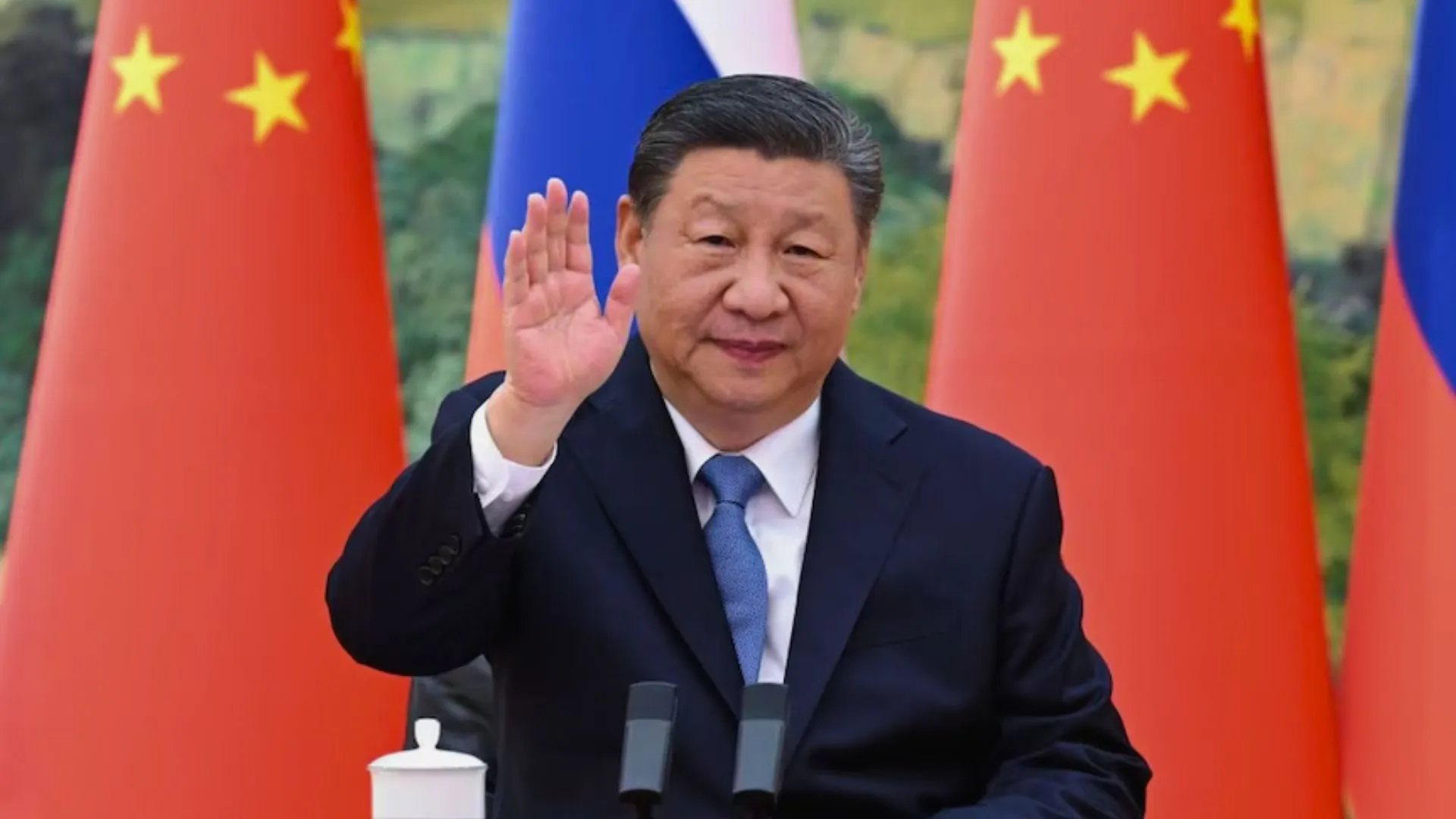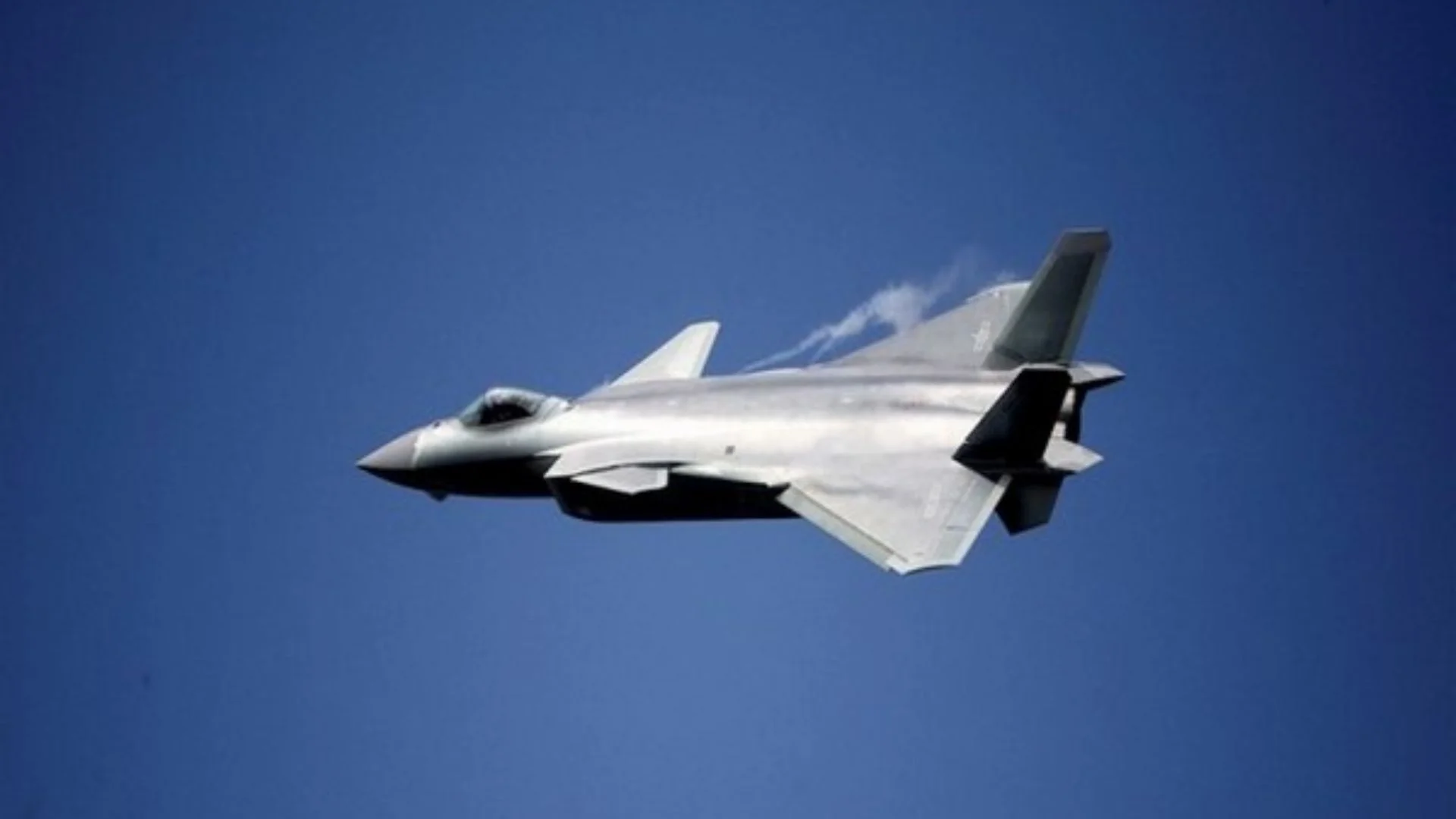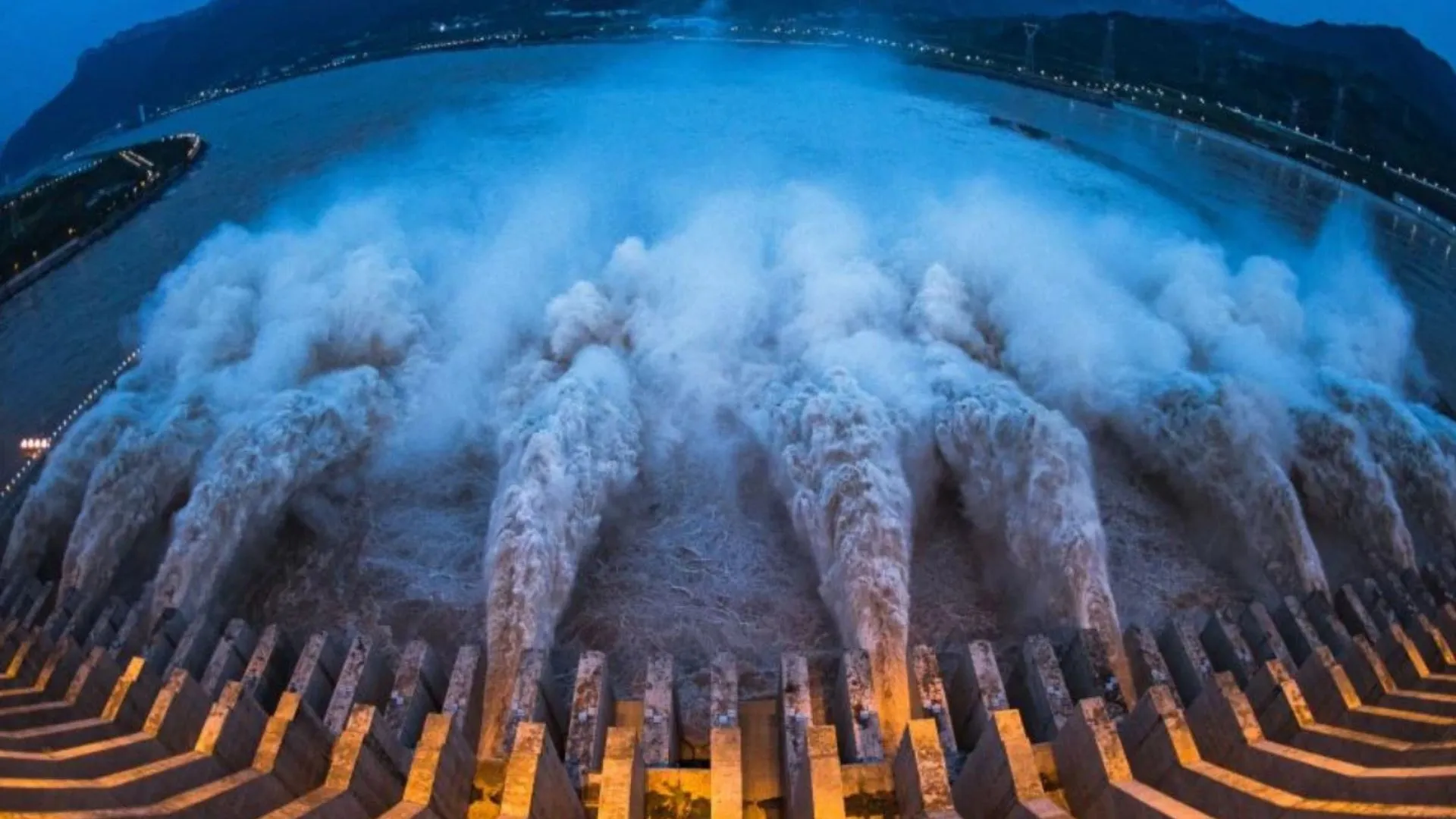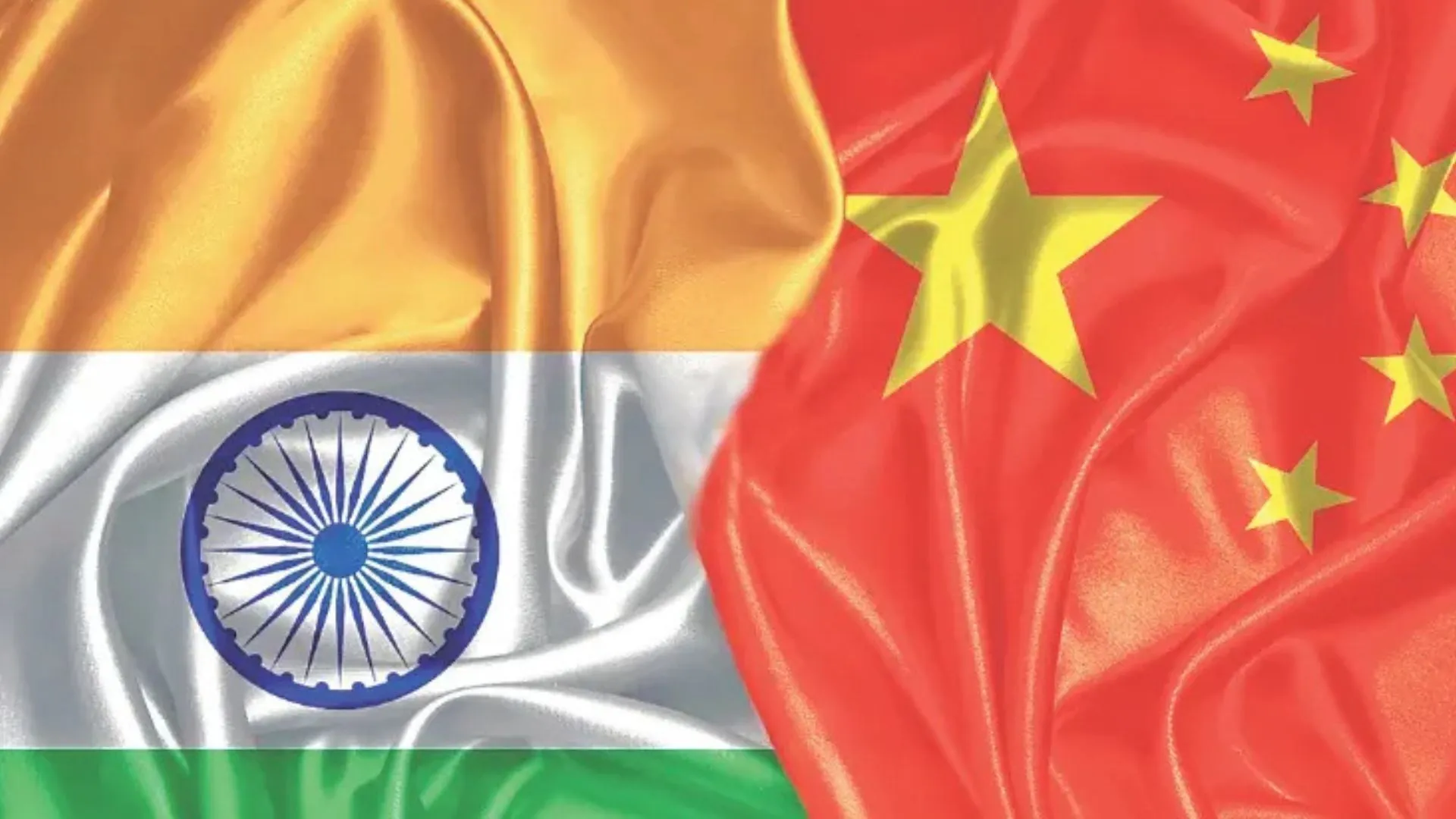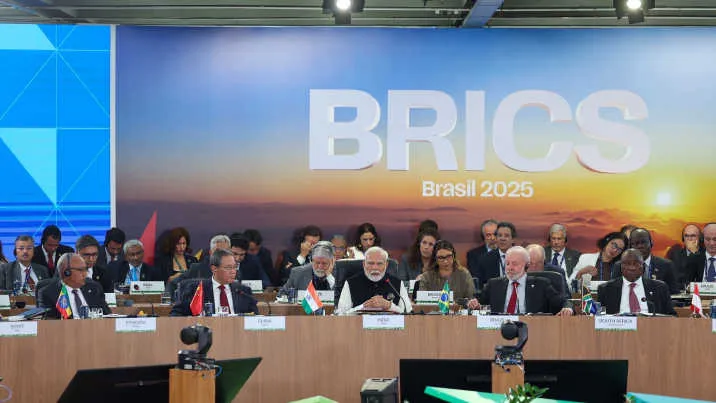Twelve years into his tenure, Chinese President Xi Jinping seems to be setting the stage for a potential succession. New rules passed by the Communist Party’s 24-member Politburo on June 30 indicate that Xi is slowly transferring decision-making powers to his deputies. The regulations cover a number of “party coordinative institutes,” influential entities that deal with cross-agency policymaking.
Although Xi continues to preside over most of these organizations, the new arrangement hints at a change in the management of power at the top. People now suspect Xi is going to decrease his participation in everyday business, although not necessarily in total control of power.
Xi Shifts Gears, Delegates Day-to-Day Control
The new regulations are designed to make the inner mechanisms of China’s policy-making process more streamlined. State news agency Xinhua stated the rules were intended to standardize planning, discussion, and review of major matters. The changes could signal that Xi is entrusting more routine responsibility to trusted deputies, the South China Morning Post reported.
Political scientist Dali Yang of the University of Chicago clarified that institutionalizing such positions would provide more regular operations. He stated that Xi heads numerous coordination organs besides his state and party designations, all requiring his attention. Having no boundless capacity, such a reshuffle appears both strategic and inevitable.
Experts Caution on Actual Delegation
However, not everyone sees this as a sign of real power-sharing. Victor Shih, a scholar at UC San Diego, warned that this move doesn’t suggest a major delegation of authority.
Instead, it shows Xi might reduce his attention to routine matters. But even that would require strict oversight to make sure policies stay in line with his vision.
Xi’s legacy of Party Dominance
Since 2012, Xi Jinping has augmented and fortified party coordination groups. Many started out as tiny working organs but have evolved into central commissions. These now dominate significant sectors such as finance, cybersecurity, national security, and technology.
For instance, in 2020, the Hong Kong and Macau affairs group was upgraded. By 2023, it had swallowed up the State Council’s Hong Kong and Macau Affairs Office. The same trend has endured across religious policy, economic stabilization, and overseas Chinese affairs.
In March 2023, two powerful commissions were launched—the Central Financial Commission, led by Premier Li Qiang, and the Central Science and Technology Commission, led by Vice-Premier Ding Xuexiang. Xi’s chief of staff, Cai Qi, now leads the Central Cyberspace Affairs Commission, a role Xi once held himself.
Strategy, Not a Farewell—Yet
These changes do not confirm Xi’s exit. But they mark a shift toward institutional governance, possibly signaling how power may eventually transfer. By sharing duties with trusted allies, Xi is shaping a system where his influence may endure—even if he steps away from daily control.
While Xi’s rule remains firm, the machinery of succession seems to be slowly turning behind the scenes.

